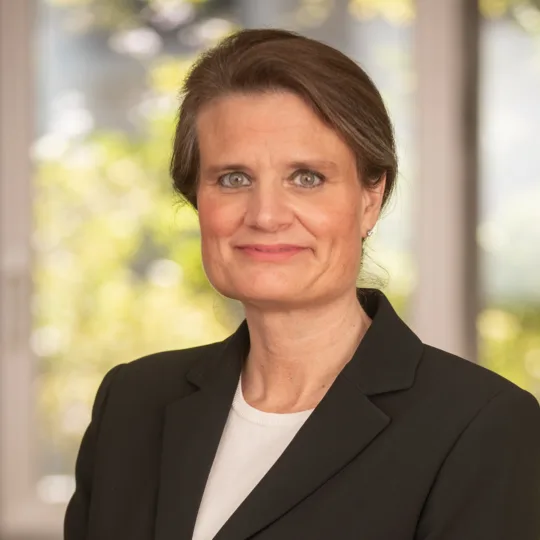Recognising the value of the professional education sector
Professional education is a winning concept: it enables adults holding vocational qualifications to pursue more advanced training at tertiary level, thus ensuring that the labour market has an adequate supply of highly skilled workers. It is in Switzerland’s best interest to preserve the professional education sector as one of our competitive strengths.

The professional education sector offers Switzerland a unique means of facilitating advanced training. Around one-third of all Swiss tertiary-level qualifications come from the professional education sector. Those who obtain professional qualifications (whether it be through a federal examination or a study programme) enjoy promising career and earnings prospects. As specialists and managers, they are in high demand, especially in SMEs.
Pressure on the professional education sector has intensified in recent years. This is despite the support measures taken by federal and cantonal authorities (e.g. greater funding). Outside of Switzerland, tertiary level is often the exclusive domain of higher education institutions. As a result, there has been a lack of understanding at international level of the value of Swiss professional qualifications. Even at national level there has been insufficient public recognition, partly due to the increased outward focus of the Swiss labour market and society. At the same time, we find that young people and their parents tend to prefer the general education pathway towards higher education qualifications over the VPET pathway. In recent years, the number of higher education qualifications awarded in Switzerland has grown faster than the number of professional education qualifications. This trend must be reversed if we are to avoid labour market shortages of highly skilled professionals and managers.
The State Secretariat for Education, Research and Innovation (SERI) has therefore partnered with the cantons, professional organisations and representatives of the higher education sector to thoroughly analyse the current situation and identify possible ways to reinforce the professional education sector. The result is an action plan that was adopted by VPET system partners at the national high-level meeting held in November 2023. We now have a consultation draft on this basis.
The consultation draft proposes action steps that can be taken to enhance the appeal of professional education, raising the level of awareness, enhancing visibility and improving the public perception of the various pathways leading to professional qualifications. This includes introducing official titles: 'professional education institution', 'Professional Bachelor' and 'Professional Master'. Moreover, special emphasis will be placed on drawing clear distinctions between the profiles of the higher education and professional education sectors. Other measures will include the possibility of conducting federal examinations in English and providing more flexible study options at Swiss professional education institutions.
I am pleased that the work has progressed so well in close collaboration with VPET system partners. The Federal Council should be able to decide by the end of June 2024 whether to initiate the consultation phase. This step will raise the discussions, particularly regarding professional education titles, to policy level and result in a final decision on whether these titles can be introduced.


